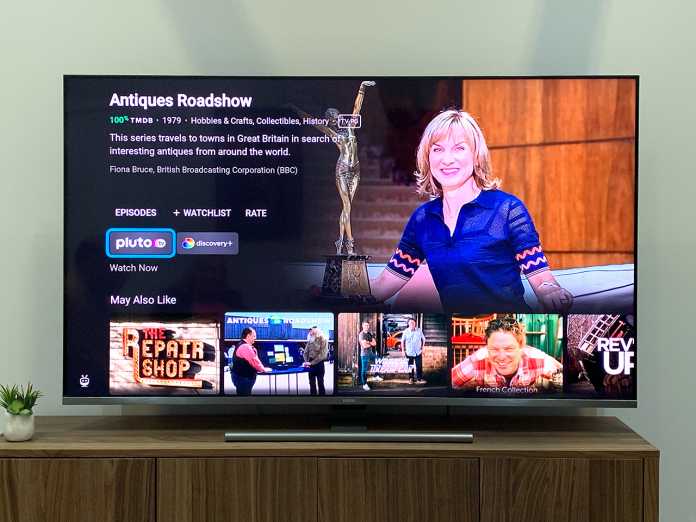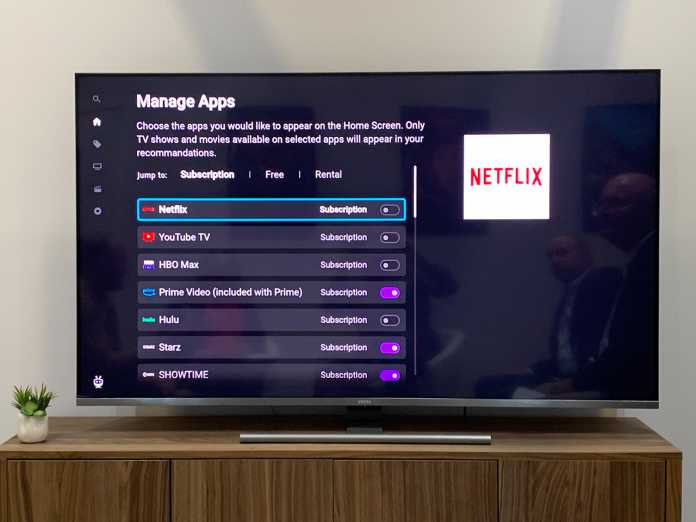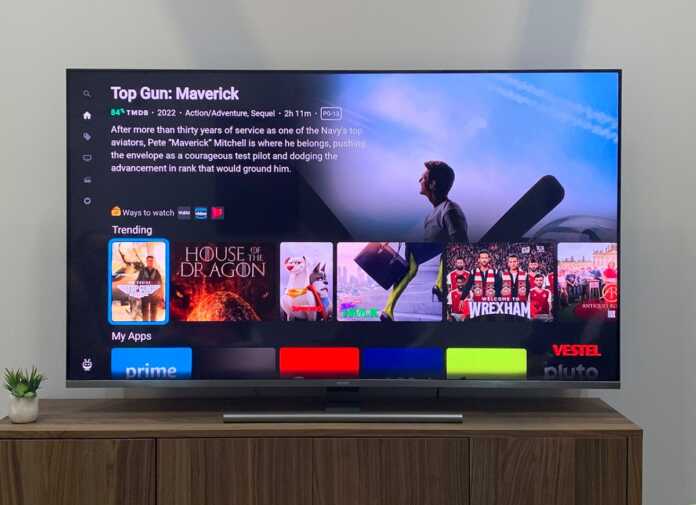Xperi competes with TiVo OS against Android TV, Fire TV and Roku as well as the proprietary systems from Samsung and LG.
Xperi wants to launch its TiVo OS TV operating system in Europe. The first partner is Vestel, who is presenting the system alongside Xperi at the IFA in Berlin.
The development is particularly interesting because the growing number of streaming services makes it increasingly difficult for individual television manufacturers to maintain their own TV platform. After all, this is about creating an attractive user interface. The TV manufacturer must also convince the services to support the system. Panasonic showed the delays that can occur: The company only launched a TV app for Disney+ on its devices in September 2021 – more than a year after the service was launched in Germany.
All this makes cross-manufacturer solutions such as Android TV, Fire OS and currently Roku OS particularly interesting for smaller TV manufacturers, while LG and Samsung continue to rely on their own solutions. According to its own statements, Xperi assumes that there is still room for a fifth system on the market.
Compact solution

At first glance, it is noticeable that TiVo OS gives the TV manufacturer the opportunity to place its branding on the start page. According to Xperi, this is an important point for TV manufacturers, who would be completely sidelined when using Android TV and Fire OS.
The interface itself looks very tidy, which should please users who, for example, don’t find anything to like about the rather overloaded Fire OS. In line with this approach, the user can specify which services they have subscribed to so that no advertising is displayed for content to which they have no access. Interesting for Amazon Prime subscribers: In the settings you can set only those films and series that are included in Amazon Prime Video at no additional cost to be displayed. Purchase and rental titles are therefore not even displayed.
Ready for questions
Voice control turned out to be particularly interesting during the demonstration, since TiVo OS offers a number of features that are not available, or not to the same extent, in competing products. One point here are queries: If, for example, you have displayed a selection with action strips with “Show action films”, you can restrict the search result to films with one actor with “Only films with Sylvester Stallone”. Further filtering is possible with a command such as “Only movies from the 2000s”. Likewise, you can immediately say: “Show me action movies from the 2000s with Sylvester Stallone”.

The basis for the requests is metadata that Xperi has collected over the past few years. TiVo originally started in the United States as a recording system that automatically recorded TV shows according to the user’s preferences. Even then, metadata about the films, series, documentaries and shows shown formed the basis of the business. How extensive the recorded data is is shown by the fact that Tivo OS is also able to start films based on well-known sayings such as “Hasta la vista, Baby!”, “Let it go” or “Show me the Money!” to identify.
It is not yet known in which European countries TiVo OS will start as a first step. According to Xperi, they only want to start in a country when they can guarantee a good user experience – that is, when the most important services are available via the platform.
The US company Roku, known for its streaming players, had already announced at the start of the IFA that it would bring its TV platform Roku OS to Germany – initially on televisions from the manufacturers TCL and Metz.
(nij)














